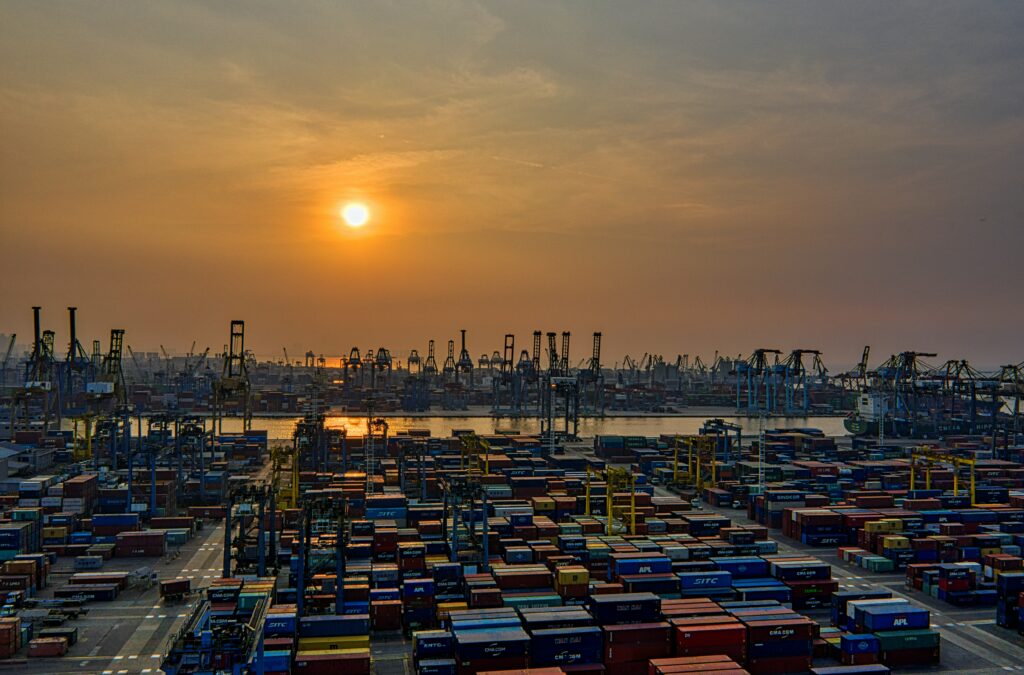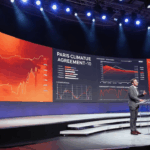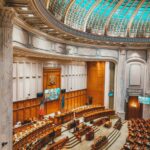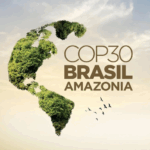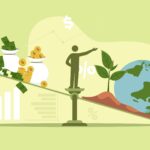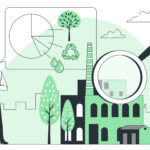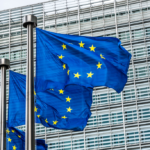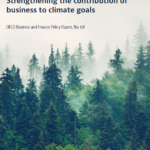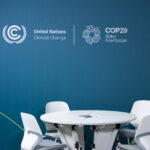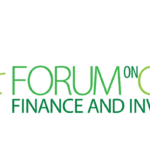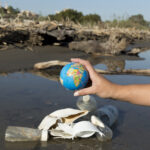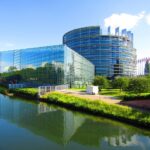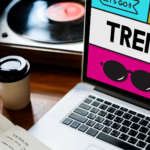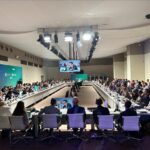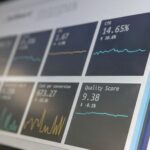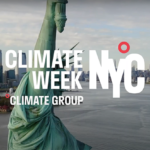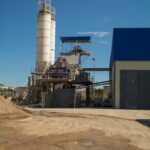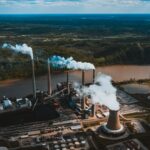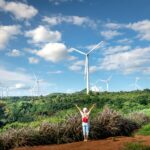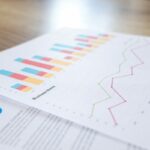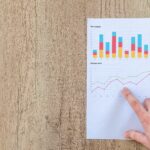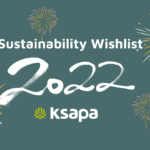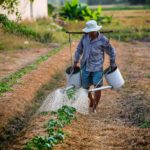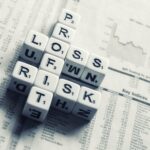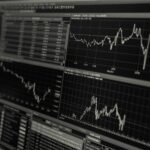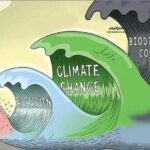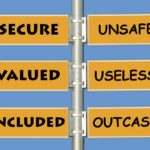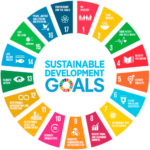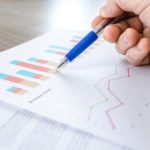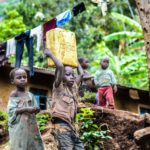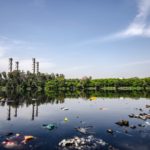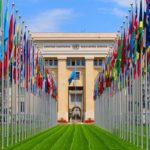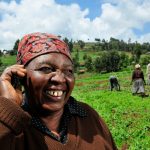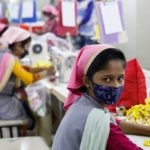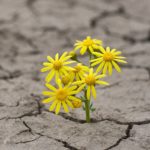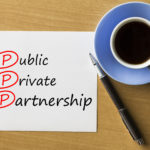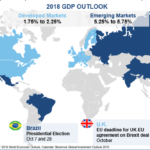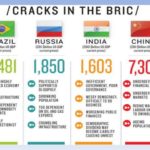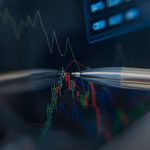in times of uncertainties, socio-environmental excellence is a means to come out on top of the ongoing crisis. In this blog, we examine conditions for companies and their investors to step up to the plate. From there, it becomes a not-so-simple question of anticipating the best way to move forward…
Last February, the European Union in fact carried out a small revolution – discreet but potent. It indeed published a new international trade strategy aligned with its Green Deal recovery plan. The strategy is clearly designed to meet the 2030 Sustainable Development Goals. The document was in fact published on the eve of the first G7 meeting in the presence of Joe Biden, marking the official reaffirmation of the Paris Agreements by the United States of America. This G7 was incidentally about collaboration, with Joe Biden reaffirming his will to cooperate and rekindle green growth.
Could this be a political turning point (given 2021 is after all just getting started)? Should we dare hope these countries will cooperate, bearing in mind they represent nearly 50% of the global economy? Can it be the much-awaited opportunity to design a post-Covid-19 economy, altogether “greener” and more conducive to job creation and growth? In other words – is this how we come out on top from the pandemic? Nothing could be less certain. In 2021, the very same uncertainty is paradoxically pushing companies and investors to aim for socio-environmental excellence.
An Implacable Logic Bearing Down On Companies And Investors
An implacable logic would seem to bear down on companies and investors, along the 3 following lines:
1. Acceptability In The Balance
As it stands, international trade has not secured public acceptability. Studies show how Western middle classes resent the downgrading and impoverishment of decades of globalization.
Already in 2013, the explosion of the Rana Plaza reminded us that the globalization of supplies could come at the price of sheer human horror. Since then, Covid-19 has leveled entire sections of the global economy, so that our international trade would appear a mere idol with feet of clay. In response, regulatory initiatives are very popular which aim to bolster responsibility requirements for economic players. The success of the public consultation on the EU mandatory Human Rights Due Diligence directive is a prime example.
Managing non-financial risks amid contradictory injunctions is now the cornerstone of managerial excellence.
2. Growing Socio-Environmental Issues
International trade is also instrumentalizing socio-environmental issues. Our health crisis only exacerbated ongoing trade wars (USA/China, Brexit/EU in particular), calling into question the era of free circulation of goods and people.
Public opinion demands employment, social protection and security. Allowing or blocking market entry for people or goods always answered to a political agenda. The socio-environmental performance of a product or issuing country is now a key instrument of that same agenda. For example, U.S. Customs are increasingly turning away foreign products based on allegations of Human Rights violations. Such measures should become the norm under the Biden administration. European authorities would similarly reserve the right to refuse British products subject to divergent social or environmental standards.
As such, identifying innovation levers to eliminate socio-environmental risks at the source is becoming a guarantee of regulatory resilience.
3. Legal Jeopardy
The global operational landscape has been durably deteriorated. That logically fuels major legal jeopardy for companies and their investors. Poverty and informal employment has soared as a result of the health crisis. Transparency International in fact warns against an infernal spiral linked to the health emergency, as it could challenge the integrity of our control bodies in the long run. In that regard, no country is off limits.
For economic players, current operational difficulties linked to international travel continue to affect their teams’ and partners’ control, audit and face-to-face management capabilities. These are essential levers not even digital systems can fully and sustainably replace.
As a result, issues of integrity, Human Rights and environmental compliance mechanically generate increased risks for companies and their investors.
Socio-Environmental Excellence In A Post-Pandemic World
Looking to the future, we believe strategic and operational excellence is the only way to come out roaring from the crisis. To that end, our team has identified the following 3 key levers:
1. Demonstrate The Maturity Of Your Approach
Know the socio-environmental risks specific to your activities and translate them into operational action plans. As it stands, more than 200 companies have made the CDP A List, which is indicative of a fairly sound understanding of their carbon impacts and their will to identify solutions.
Looking ahead, these same businesses will be expected to demonstrate a comparable degree of sophistication in terms of socio-environmental excellence, be it in terms of water, deforestation, biodiversity. They will also – and perhaps more challengingly – need to showcase maturity against inclusivity, human rights and living wages policies.
2. Structure Socio-Environmental Excellence Plans That Meet The Stakes
Draw up a plan for transforming and adapting your operations, products and services in the light of emerging regulatory guidelines… regardless of possible contradictions.
In fact, numerous companies have pledged action towards effective carbon neutrality. Quite recently , 20 new signatories joined the Climate Commitment. Indeed, 53 global companies have now committed to carbon neutrality by 2040. That is 10 years ahead of the 2050 timeframe defined by the Paris Agreement.
Taking their commitment one step further, companies like Nexans are considering the means for a climate positive stance. To that end, they focus on emissions sobriety first and foremost and only then mainstreaming renewable energy and eliminaging overly-intensive solutions as well as carbon sequestration. As such, they echo the growing consensus over the marginal contribution of offsetting in the scope of truly bold climate strategies.
3. Outline An Impact Approach
In 2021, for example, stating one’s organization has cut greenhouse gas emissions by 25% quite simply no longer cuts it. We collectively need to demonstrate we are taking a credible and operational approach to carbon neutrality within the coming decade.
Sending a clear signal to the broader business ecosystem, Anheuser-Busch InBev recently signed a record $10.1 Billion ESG-Linked Facility. While this category barely existed before 2017, this revolving credit facility replaces an earlier financing line. That way, the Group effectively equates its interest margins to meeting environmental goals across water stewardship, plastics, renewable energy intensity and emissions. Unilever had set the first ever green sustainability bond in 2014. Proceeds were to be fed into a pipeline of projets with clear criteria on GHG emissions, water use and waste disposal, as part of the Unilever Sustainable Living Plan.
In the wake of such corporate mobilization, sustainability-linked bonds could represent as much 8% of the bond market in 2021. With an overall market set reach estimated $10 billion, the opportunity of strategic and operational excellence could not be clearer.
Conclusion | Socio-environmental excellence, fast (and with impact)
Our partners are formal: in the face of uncertainty, socio-environmental excellence is emerging as a solution of choice. While the call for businesses to act rapidly and bold rings cristal clear, the real issue is to develop a consensual approach for them to fulfil their commitments. In other words, socio-environmental excellence could be boiled down to businesses effectively walking the talk.
That said, it is not only about adverting risk. There is major opportunity to unlock in the process. Reach out to Ksapa so we may consider the best way to get you started. Our team and community of 150+ experts are based in the G20 economies, but also in Africa and South East Asia. This way, we can help you roll out multidisciplinary and contextual expertise to address such sensitive and complex issues.
Président et Cofondateur. Auteur de différents ouvrages sur les questions de RSE et développement durable. Expert international reconnu, Farid Baddache travaille à l’intégration des questions de droits de l’Homme et de climat comme leviers de résilience et de compétitivité des entreprises. Restez connectés avec Farid Baddache sur Twitter @Fbaddache.

